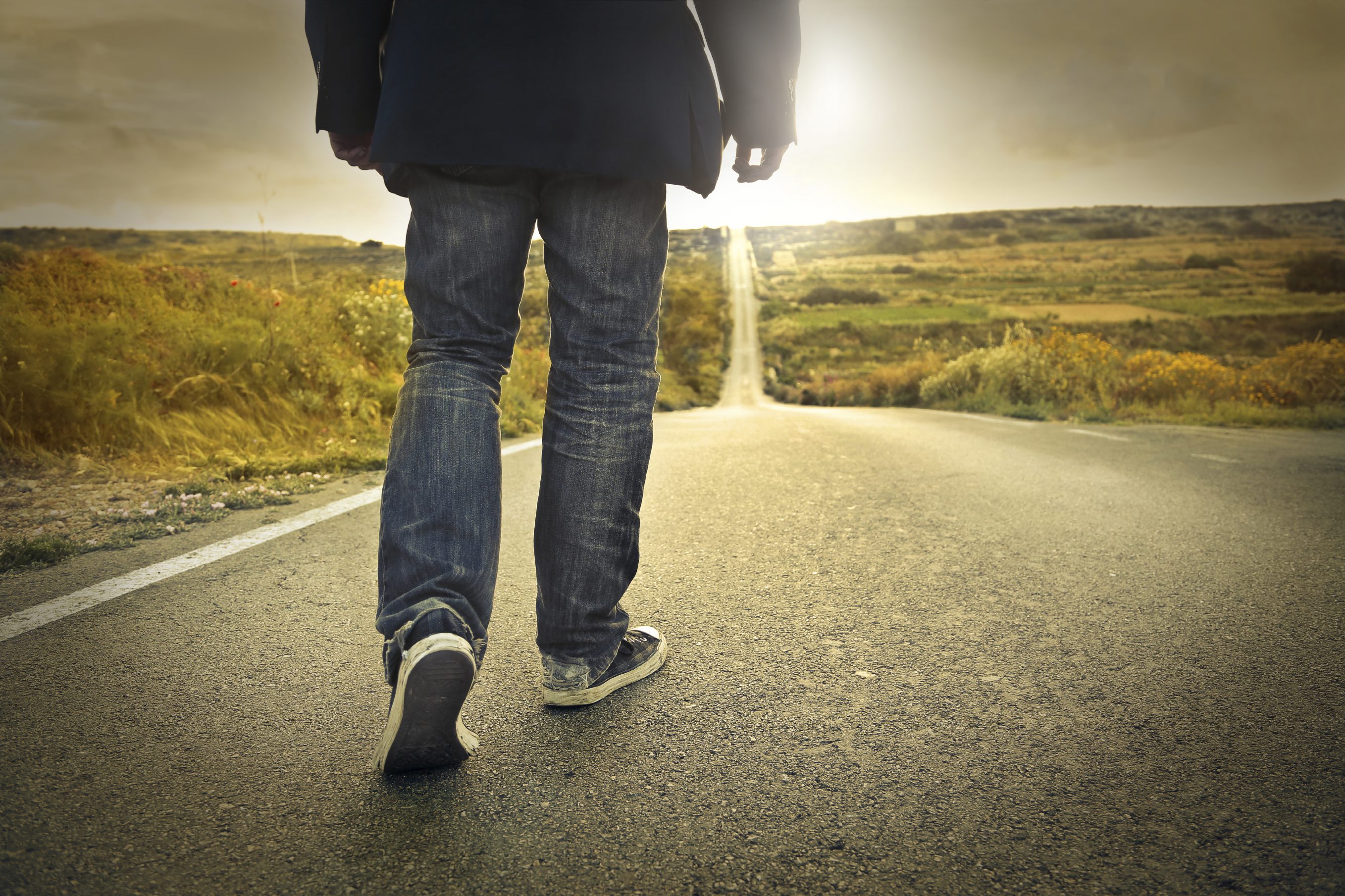Intrepid Explorations / Absent Feelings: Is it Possible to be Both Adventurous AND Emotionally Engaged?

Anyone who’s spent time with me has heard my strong opinions about how cruel American culture can be to people who are living through painful situations.
Every day I witness how people whose circumstances force them to face death, illness, disability, accidents, violence, discrimination, etc. are hurt by our society’s relentless positive platitudes and fierce attachment to productivity. When grief or pain won’t pass quickly, our friends and coworkers are banished to back room support groups, or ushered toward medications and “treatments” for their “emotional problems.” Distorted American values—that insist on positive attitudes, achieving as much as possible as often as possible, and pulling ourselves up by our own bootstraps without complaint—abandon those who suffer.
I struggle to find patience with those values.
So imagine my surprise on a recent weekend when I walked out of the movie Brooklyn in tears. The story itself was touching—an archetypal American immigrant story about a young Irish woman who left her home, family, friends, and culture to move to the United States alone. But I wasn’t crying simply for the character in the movie. Instead I sobbed in a bathroom stall because I was overwhelmed with compassion for everyone who lives in this country, whether citizen or expatriate.
What was it about that story hit me in the gut?
The actress’s vivid portrayal of the utter loss and aloneness that flowed from leaving everything behind gave me a visceral sense of what it was like to leave everything behind.
Can you imagine, right now, choosing a single small trunkful of your possessions to take with you to a live in a completely foreign land? And that’s ALL you could take? Forever? (Not leaving a bunch of stuff in storage that you could go back to pick up later.
The enormity of what that woman lost is beyond the imagination of any of us who haven’t lost everything. And today even when we do leave our loved ones behind, we have constant access to real-time electronic communication so we can stay in touch. We don’t have to wait weeks or months between letters to communicate or even to know whether our loved ones are still alive
The movie did portray the woman wracked with homesickness and loneliness. But she was alone with those feelings. No one wanted to hear her story, and no one shared feelings of loss with her. They were all trying to survive in a new land.
And the people who forged their way across the country to settle the west relentlessly lost loved ones to illness and accidents and weather and violence as they traveled. So the buck-up-and-move-on attitude became even more entrenched.
The people who were successful at creating lives in this country were the ones who could buck up against the grief and loneliness and pain. The ones who could keep moving on ahead. None of them had the luxury of sleeping through it all, or not functioning, or pausing to contemplate what they’d lost and to feel their feelings.
Though I’ve known it logically, Brooklyn’s story hit me with a visceral understanding: Every person who lives in the United States either is, or descends from, someone who left everything behind to make it in a new land.
That fact makes our always-strong-and-always-on-the-upswing-get-over-it attitude make sense to me. Grasping the origin of that frame of reference opened me to compassion for the kernel of pain and human vulnerability that lies at the core of this cultural stance toward distress.
At the same time, just because our cultural attitude toward suffering makes sense and is wired deeply into our implicit memories doesn’t mean that it’s right or healthy.
Our ancestors and present day immigrants sacrificed everything to come to this country. They did buck up and they did survive to pass on to us a lifestyle of abundance of both resources and time. Because of the energy they expended holding things together, we now have the luxury of time to contemplate where we came from, and we no longer have to avoid our feelings to survive.
In this time of painful transition in the world and in this country, what if we found the strength and audacity to cease hardening ourselves to grief and sorrow with platitudes and frantic productivity? What if instead we turned our can-do spirit toward appreciating and receiving the lives our forebears forged for us: lives of relative freedom and ease?
We owe it to the world and to each other to find the courage and can-do spirit for forging ahead into our emotional worlds. To grieve for our ancestors and for ourselves, so that we can metabolize the wrenching emotion that is running rampantly unprocessed in the world right now. To turn toward each other with support during times of pain, And thus to nurture the privilege of this good life we are honored to have, so it will be alive for future generations.
Have you had the experience of being left alone with sorrow or pain? Have you had the experience of being supported during such times? What is your family tradition around expressing grief, distress, or pain? Do you know where to go to get your own help or support for these kinds of emotions?

